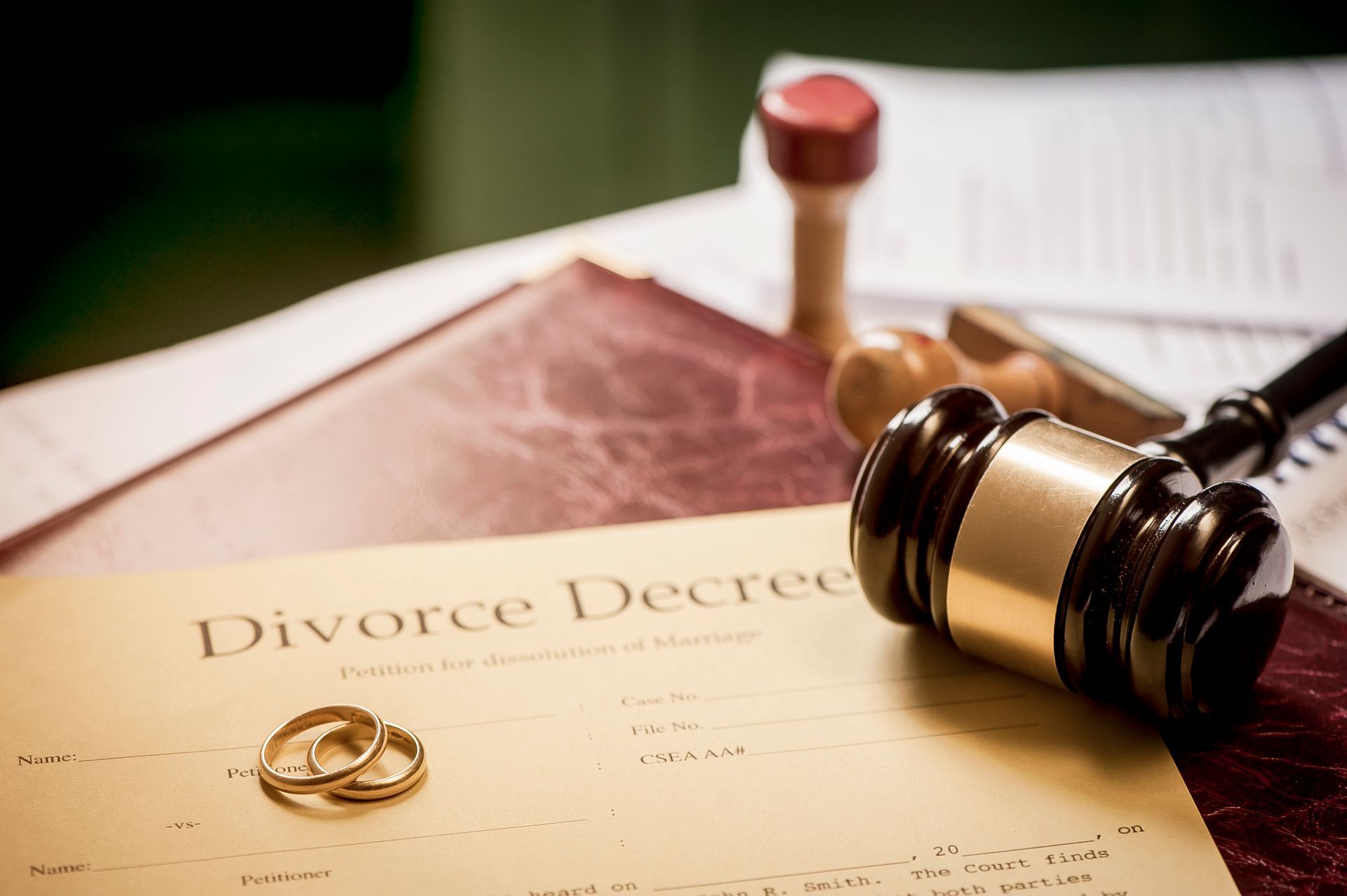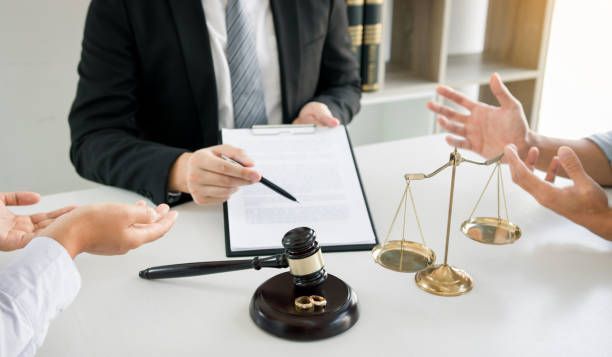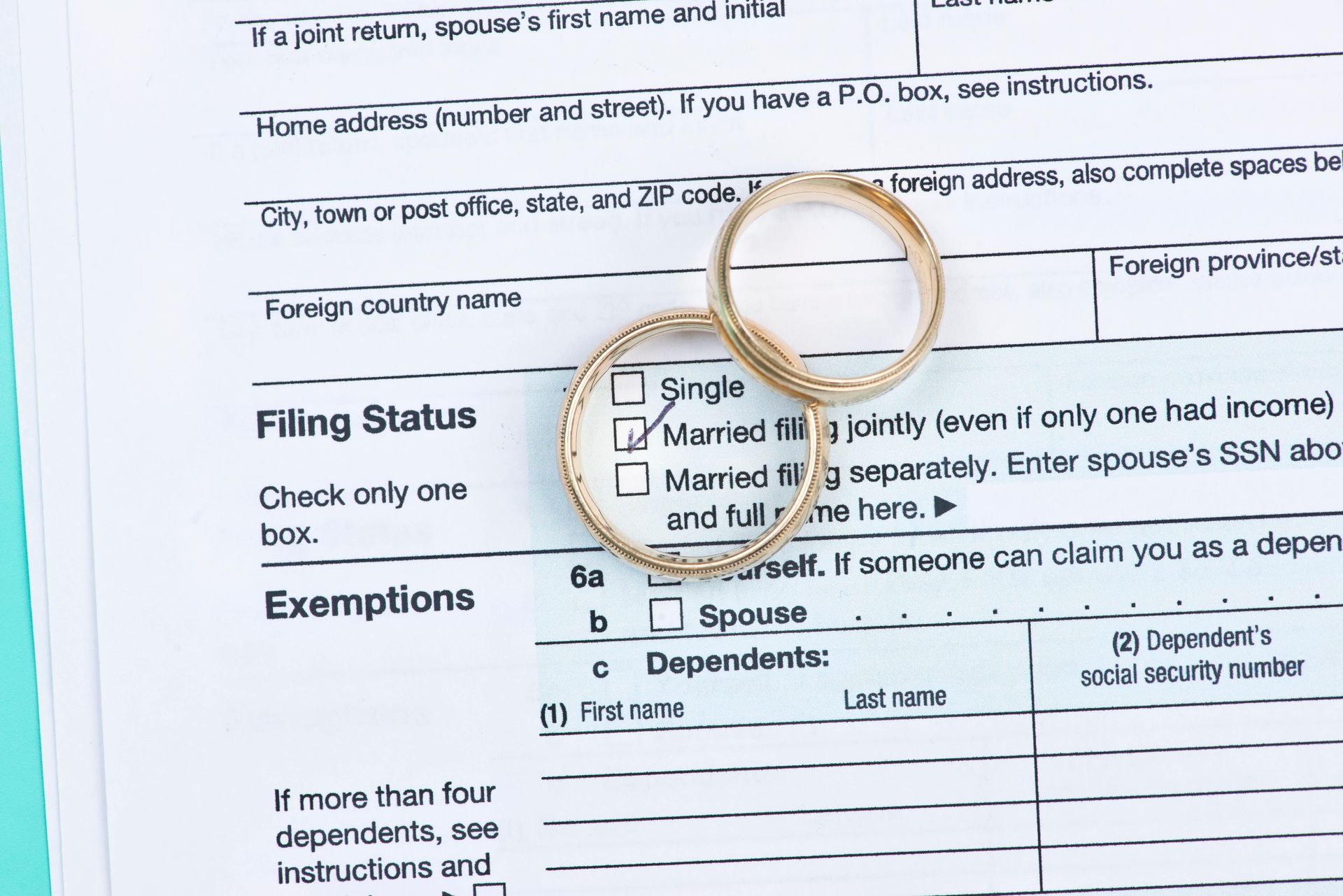What To Do if Your Partner Stalks You During Divorce
Divorce sometimes reveals the worst side of people. For example, your partner might decide to stalk or harass you during a divorce. Such behaviors are common in people who feel hurt, think they will get a raw deal in the divorce, or want to revenge for some perceived wrong. Below are tips on how to deal with such behavior during a divorce.
Call 911 If in Immediate Danger
Stalking can easily escalate to harassment, assault, and battery. Call 911 for help if you think you are in immediate danger. Don't call a friend, loved one, or divorce lawyer first—you can inform them once you have called for law enforcement help. Remember, your safety, health, and priority come first.
Don't Escalate Issues
You cannot know the lengths your stalker might go to, so you should deal with them carefully. Sure, you should let your partner know you are uncomfortable with their behavior the first time they stalk. However, seek help if they become aggressive. Don't threaten the stalker or retaliate—such actions can only worsen matters.
File for Orders of Protection
File for orders of protection against the stalker. For example, the court may grant orders instructing the stalker to avoid specific activities or take certain steps. For example, the order may bar your stalker from coming near you or your house, calling you, or sending you messages. Your family lawyer may help you with the application.
Practice Relevant Safety Measures
The court may take a little while before granting your restraining order. In the meantime, practice personal safety measures to stay safe from the stalker. Here are some tips that can help:
- Change your routes so you are not predictable
- Install a home security system
- Change your online passwords frequently
- Let your friends and family members know about the stalking
- Update your computer's security
- Inform your homeowners' association about the stalking
Do your best to stay safe until you can get help from the authorities.
Save the Stalking Evidence
Most court processes require evidence—the court doesn't know you, so it might not take you at your word. Therefore, save as much evidence as possible to help you prove your claims in court. For example, you should save emails, letters, or voicemails from the stalker. If your security camera records the stalker in your home, preserve the footage while the case pends.
Keep Your Attorney in the Loop
Let your divorce attorney know about your partner's behavior. The attorney can use this information to help you get orders of protection against your spouse. Your attorney may also advise you on how to preserve the stalking evidence. This may also help your attorney strengthen your divorce claims.
Avoid Collaborative Divorce
Collaborative divorce requires you to work with your respective lawyers to negotiate and settle your divorce. Collaborative divorce works best if both parties are willing and do not fear working together. That might not be the case if your partner is stalking you and you wish to avoid them at all costs. In such a case, avoid collaborative divorce for safer alternatives.
Use the Stalking to Your Advantage in the Divorce
Some stalking actions count as harassment in the eyes of the law. Depending on what your partner has been doing, you can use the information to strengthen your divorce claim or achieve certain temporary goals. For example, you may get exclusive use of properties, such as your home or car, if you need them but cannot share them with your partner due to their behavior.
Don't handle your divorce alone if you have a difficult partner. Contact John D Wieser Esq, PC to help you navigate your case safely and efficiently. You can rely on our legal experience of over two decades.









